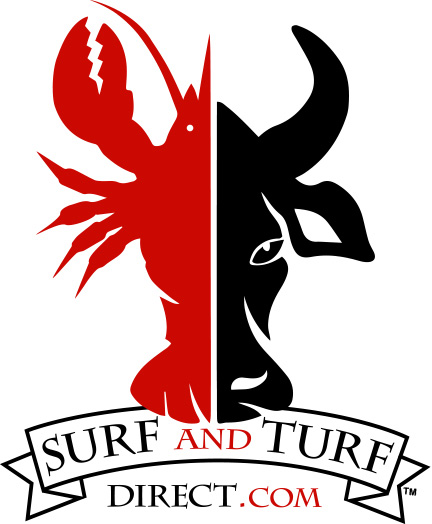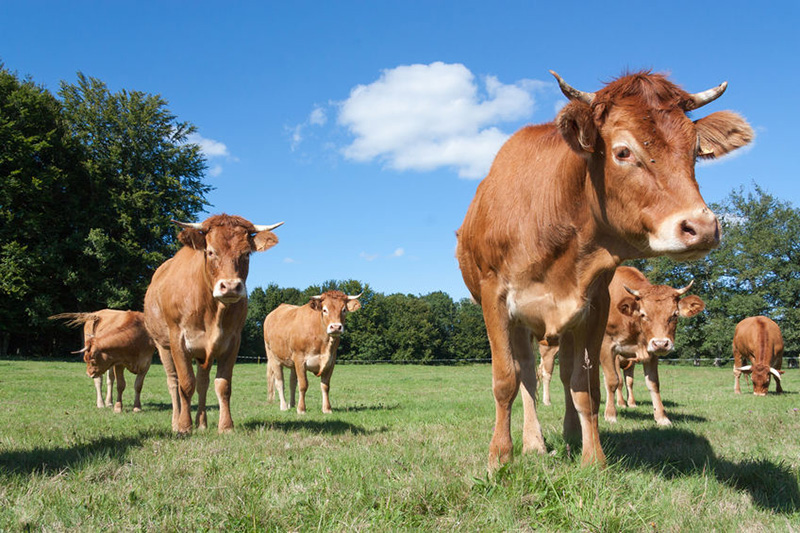Our Regenerative Agriculture practices are certified for all of our products.
What is Regenerative Agriculture?
Thousand Hills Lifetime Grazed has fully embraced regenerative agriculture to share the health benefits of Lifetime Grazed 100% Grass Fed Beef and to create a sustainable ecosystem with increased soil fertility, biodiversity, clean water retention, and soil carbon sequestration. Learn more about our mission to provide nourishing grass fed beef delivery and shop our store today!
What Is Regenerative Agriculture?
Regenerative agriculture is a set of holistic land management practices and grazing strategies that seek to restore and enhance the natural resources that are used, rather than deplete them. Regenerative agriculture looks holistically at the agro-ecosystem to build soil health, increase clean and safe water runoff, improve biodiversity and ecosystem resiliency, and increase carbon draw-down. At Thousand Hills Lifetime Grazed, we are fully committed to regenerative agriculture because we have seen firsthand the way this approach can restore diverse grasslands, eliminate the need for synthetic fertilizers and chemical herbicides, and improve the nutritional value of meat – all while helping rural economies to thrive. Our Thousand Hills Regenerative Renegades™ use regenerative agriculture practices on 600,000 acres to produce healthy and nourishing Lifetime Grazed Grass Fed Beef.
Organic Regenerative Pasture Grazing and the Rule of Thirds
Soil destruction creates a vicious cycle, in which less carbon is stored, the world gets hotter, and the land is further degraded. Our regenerative grazing process helps to solve this problem by applying the rule of thirds: graze a third, trample a third and leave a third. This promotes photosynthesis in the plant by forcing it to regrow, because once a plant is fully grown, it goes dormant and the photosynthetic process does not occur. This moves the carbon from the atmosphere into the soil which is fueled by carbon molecules, in return those microorganisms feed all the plants, those plants feed the animals, and then feed us. Healthier soil, healthier cows, and a healthier planet leads to a healthier you.

